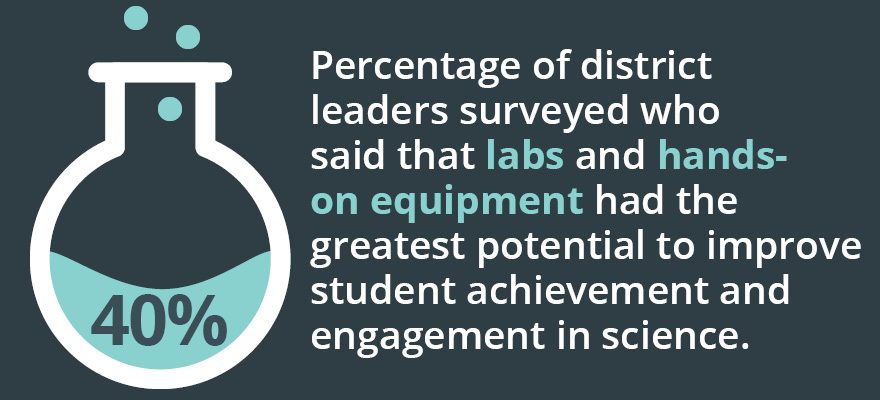Texas districts are seeking a learning management system and an array of computer devices and software; and the Kansas City schools want help with an extended-learning program.
What K-12 District Leaders Want From Science Products
A New Survey Highlights the Lessons and Curricula School Officials See as Effective and Engaging

District leaders looking to refresh their science curricula are in the market for labs and hands-on equipment, an EdWeek Market Brief survey finds.
The acquisition of Motion Math is just the second in Curriculum Associates’ history — and a sign of the burgeoning interest in games as instructional tools.
Clark County, Nev. wants supplemental math and ELA curricula, while Indiana seeks alternate assessments and Township High School District No. 113, Ill., wants an LMS.
A major South Florida district wants to buy a plagiarism-detection software solution, while a Michigan public school and Tennessee school district are looking for digital tools to complement their curricula.
Student licenses for popular math and literacy products are being used more than they were two years ago, with better results, according to Lea(r)n.
Tech training company Galvanize has raised $7 million in a funding round led by ABS Capital Partners and University Ventures, and Canadian publisher Nelson has forged yet another education-focused partnership.
The San Bernardino, Calif., school system is looking to buy a mobile device management platform, while the San Diego district has its eye on an analytics and data reporting tool.
Intersection of Virtual Ed. and Homeschooling Expanding Opportunities for Companies
Rise of Digital Learning Blurs the Line Between Online Charter Schools and Home Education

The rising popularity of virtual schools is causing a shift in the homeschooling curriculum market as students move seamlessly between online education and homeschooling.
Lexington County School District One, S.C., wants software to monitor online safety risks, and the St. Tammany Parish schools seek assessment and instructional resources.

